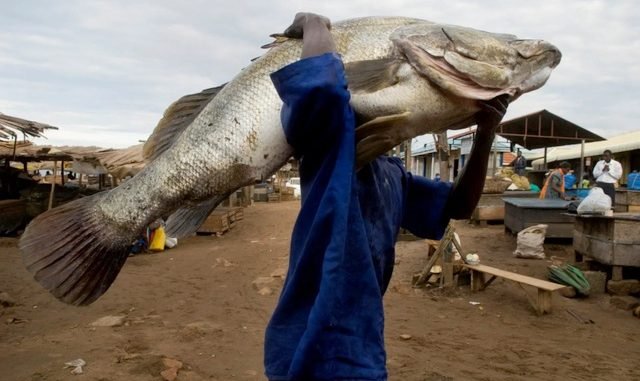
Kampala, Uganda | URN | Uganda’s fish exports have gone down by nearly 70 per cent as a result of the global COVID-19 pandemic according to the Uganda Fish Processors and Exporters Association (UFPEA).
The Association’s acting CEO William Tibyasa Mwesigye says that Uganda exported 2,000 tons of fish in January, a figure which dropped to 611 tons by April denting a sector which contributes up to three percent to Uganda’s GDP and 12 per cent to the agriculture sector GDP.
Mwesigye also anticipates that fish exports will drop further below 500 tons by the end of this month as Uganda maintains lockdown and a ban on fishing activities as one of the measures to control the spread of coronavirus disease.
Before the lockdown, Uganda had recorded an increase in production volumes and export value for fish and fish products which was largely attributed to increased enforcement on Lake Victoria, Lake George, Lake Edward, Lake Albert and Lake Kyoga along with the River Nile.
But Mwesigye says that the supply chain side of the sector has been grossly affected by the COVID-19 guidelines that have forced fishermen and other sector players to scale back operations. At the moment, only two out of eleven companies are currently operational, albeit at a lower capacity of less than 30 per cent according to Mwesigye.
He was speaking during a meeting with the National Economy Committee of Parliament which is currently meeting various stakeholders to scrutinize the effect of the COVID-19 pandemic on the economy and make proposals for a stimulus plan.
The MPs however have expressed concerns about the greedy corporate practices of fish exporters who exploit communities and prevent them from benefiting from the lake resources by scooping up all the fish and its byproducts.
Read Also: Sport fishing boosts conservation in Murchison Falls
Lira Municipality MP Jimmy Akena noted that any interventions in this sector need to help the local communities to be able to participate and benefit from the sector as well.
Uganda is richly endowed with natural water bodies and fisheries play a very important role as a basis for subsistence and commercial livelihood. It is estimated that some 700,000 Ugandans are involved in fisheries-related employment while fish comprises the single most important source of animal protein available to the Ugandan population.



